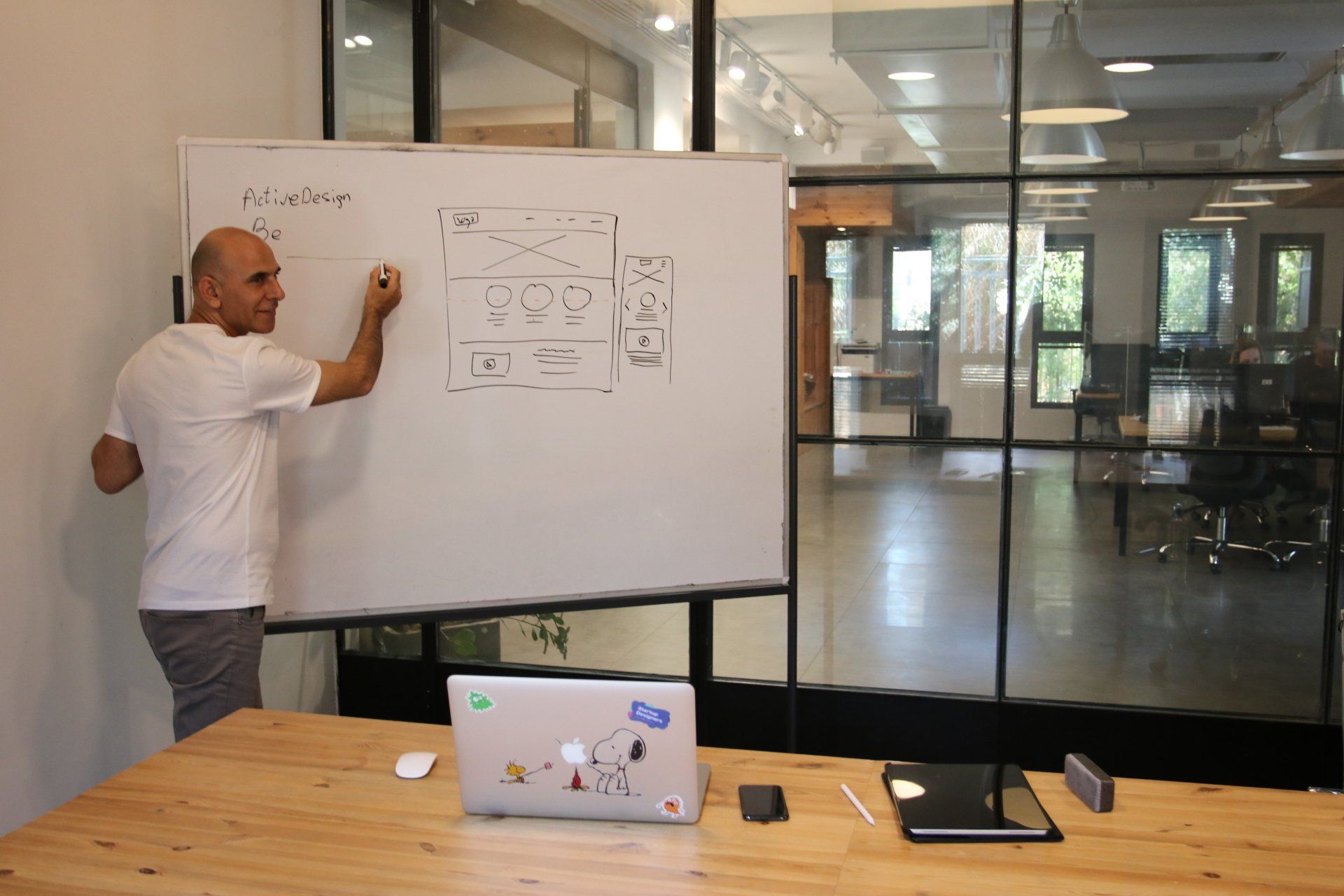
Making S.A.F.E. Hires
How to Reduce Turnover at Your Company with Smarter Hiring Practices

Unfortunately, the trades are a high turnover industry. I’ve seen it happen time and time again where contractors bring on a new employee and within a matter of weeks or even days that new hire has quit or been fired.
In the context of an ongoing labor shortage, where it is increasingly difficult to source new hires, it’s imperative that companies find ways to retain their employees in order to avoid having to scour through the barren terrain of the current labor market.
Luckily, owners can improve their employee retention by making S.A.F.E. hires. S.A.F.E. hires are hires that will bring long-term value to the company through commitment, eagerness to grow with the company, and adaptability through change.
So how can your company adopt S.A.F.E. hiring practices? We’ll take a quick walk through the 4 steps of S.A.F.E hiring, but keep an eye out for future posts where we’ll explore each step in greater detail.
A significant factor in employee turnover is poor or inadequate communication. The S.A.F.E. hiring process is all about ensuring that an employer and their new hire hold a shared set of expectations.
Set Expectations
If you properly set expectations, your hire should have a crystal clear picture of life in the role long before their first day on the job. This means they understand:
- the responsibilities
- the resources available to perform the job
- compensation and incentives for performing well
- consequences for poor performance
Setting these expectations helps to avoid confusion or misunderstanding that can set a new hire off on the wrong foot, leaving a sour taste in their mouth and creating a source of early tension just when both parties are eager to get off to a smooth start.
There are numerous opportunities to set these expectations such as in the job listing, during interviews, and in new hire paperwork. It is important that consideration is given to setting proper expectations at each stage of the hiring process.
Acclimate Your Hire
It may be true that the best way to learn is to do, but many contractors take this idiom too seriously, throwing their new hires to the wolves with no training or preparation.
While no amount of in-office training can adequately prepare a new hire for a career in the trades, not taking the time to acclimate your hire to your company’s way of doing things is a huge missed opportunity.
If the only thing you ask of your new hire is to show up and make themselves useful, they are likely to feel overwhelmed, unsupported, and without direction. This creates a situation ripe for a quick exit. On the other hand, there are a number of benefits that come with a standardized onboarding and training process:
- new hires feel as though you have truly invested in their success
- they feel more invested in the role themselves, having taken the time to learn the specifics of your company’s process. (In this case the sunk cost fallacy works to your advantage)
- it provides an opportunity to go further in-depth about company policy and procedure
- new hires can process how things are done without the pressure to perform
Follow Through:
Acclimating your new hires is the first step in following through on the expectations set in Step 1. However, it is just as crucially important that you continue to follow through on these expectations after the hiring and training process.
If you fail to do so:
- poor performers will take advantage of your leniency
- strong performers will notice when their less dedicated co-workers aren’t held accountable
- your problems with poor performers may compound as others in your company begin to view stated consequences as empty threats
- the most dedicated employees may begin to feel resentment because their adherence to company policy doesn’t appear to be worth anything.
The same goes for incentives. If you don’t deliver on your compensation agreements, your employees will struggle to take you and your company seriously.
Elevate the Perception of the Role
When you decide to create a new position or to add a new member to your team, it is because you feel they are necessary for your company’s growth. No matter the job title, every team member plays a vital role in your company’s success. It is to your advantage to help your employees harness that sense of importance.
Your employees should understand the role that they play in the ecosystem of your company, and how every other member of your team depends on them in some way or another. This at once instills a sense of pride in their role and provides motivation to perform well. Providing opportunities for advancement, publicly recognizing high achievers, and holding team-building events are other ways to enhance an employee’s perception of their role.
The Benefits of S.A.F.E. Hiring
Adopting a S.A.F.E. hiring process is a surefire way to grow your company through sustainable hiring practices that lead to long-term hires. As your average employee tenure increases, you will reap the benefits:
- smoother operations
- more time spent on growing your business; and less time finding workers
- a genuine company culture
Interested in adopting S.A.F.E. hiring practices?
Contact a RAES consultant for tips on where to start!



JOIN US AS WE RAES THE INDUSTRY STANDARD.
I founded RAES out of a deep passion for helping roofing contractors succeed. I understand the unique opportunities of the industry, as well as its many challenges because I’ve lived them.
RAES was made by roofers, for roofers - and we're looking forward to welcoming you to the community. Be sure to subscribe to our newsletter where we'll share product updates, Roofilosophy posts, and so much more.









